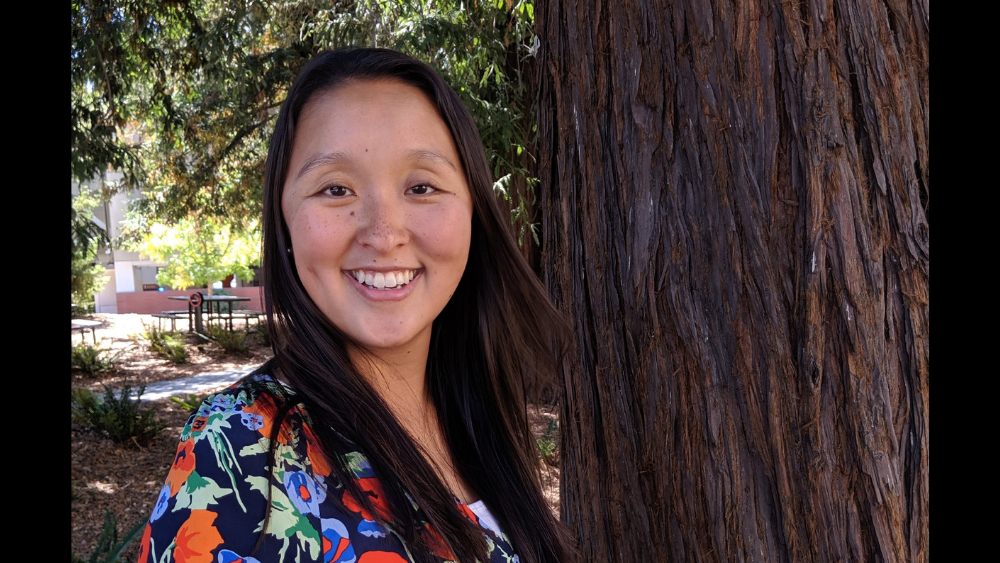As a cancer survivor, I know how finishing treatment can feel both happy and unsettling. I was ecstatic to be done with chemotherapy and radiation therapy, but I worried about recurrence and long-term treatment side effects. Whenever I went to a cancer checkup, I wore silly socks to remind myself to smile. And decades later, I still have to be vigilant with periodic screening tests like breast MRIs due to increased health risks from radiation.
Quality survivorship care requires a strong collaboration between oncology and primary care clinicians, particularly as patients complete their treatment. To help patients during this critical time, Stanford is piloting a cancer survivorship clinic embedded in the practice of primary care physician Jennifer Kim, MD. I recently corresponded with her to learn more.
When medical oncologist Lidia Schapira, MD, and I met about two years ago, we discussed her ideas of integrating primary care into survivorship at Stanford. All primary care practices, including my own, already care for survivors. As this is not a topic that I learned about in training, I wasn't sure what would be different about calling it survivorship.
I learned more by attending national conferences and reviewing online curricula on survivorship. I also spent clinic days with oncologists as they saw patients. As I started to learn about survivorship, I realized that cancer and cancer treatment changes all aspects of patients' health -- medical, emotional and social -- for the rest of their lives.
Together with Lidia Schapira, I started Stanford's Primary Care Cancer Survivorship clinic. I'm currently the only primary care physician doing this at Stanford and I see patients for two half days per week in the Hoover primary care clinic. My visits are consultative, meaning patients come to see me for one to several visits to discuss a complete survivorship plan, which they can bring back to their primary care physician for ongoing care.
The focus of my visits is to detail a full treatment history and make a personalized survivorship plan for issues such as cancer surveillance, potential long-term and late effects of treatment, psychosocial concerns, comorbidities and preventative care. I create this history and plan together with the patient, so both the patient and their whole care team will understand the content.
Having the clinic embedded in my primary care clinic -- a different building and environment than the oncology department -- helps us physically and mentally shift gears and transition to a primary care-based survivorship plan.
I've learned the most powerful survivorship lessons from my patients and their experiences. I've learned not to assume what my patients are struggling with. Instead, by asking about their experiences and listening to their concerns, I can better understand what is really important to each individual. I've also found that it is very important to be open about and sensitive to emotional and psychosocial issues, including fear of recurrence, anxiety, fertility and sexual health. These topics are rarely the focus of oncology visits and patients don't know who to ask.
I now realize that survivors often struggle with the transition from oncology care back to primary care-based care. It's a challenging, overwhelming and emotional time when many still have significant long-term effects of treatment and multiple specialist visits. Patients often voice a need for a 'quarterback' to help guide them through the next phase of recovery -- finding health after cancer.
Primary care physicians can and should be an essential part of survivorship and health after cancer. However, there are currently many barriers to survivorship being integrated into primary care -- a knowledge gap, disparate electronic medical records, limited appointment time and patient concerns over whether primary care physicians are able to manage survivorship.
Many primary care physicians aren't confident in their own survivorship knowledge, as there are so many cancers and so many treatments to keep track of, even in terms of surveillance recommendations and potential long-term effects. This is why shared care with specialists and continuing education can make a great impact in this area of increasing need.
With the help of a great team, Lidia and I are developing an online course with video, animation and text to help primary care physicians gain more knowledge, resources and confidence in their long-term care of survivors. We hope to distribute this widely when it is ready.
We've also started to create a patient-facing survivorship course that will focus on self-management, communication and resources. We hope this will help patients better navigate survivorship issues on their own and with their care team.
Photo by Pamela Williams




